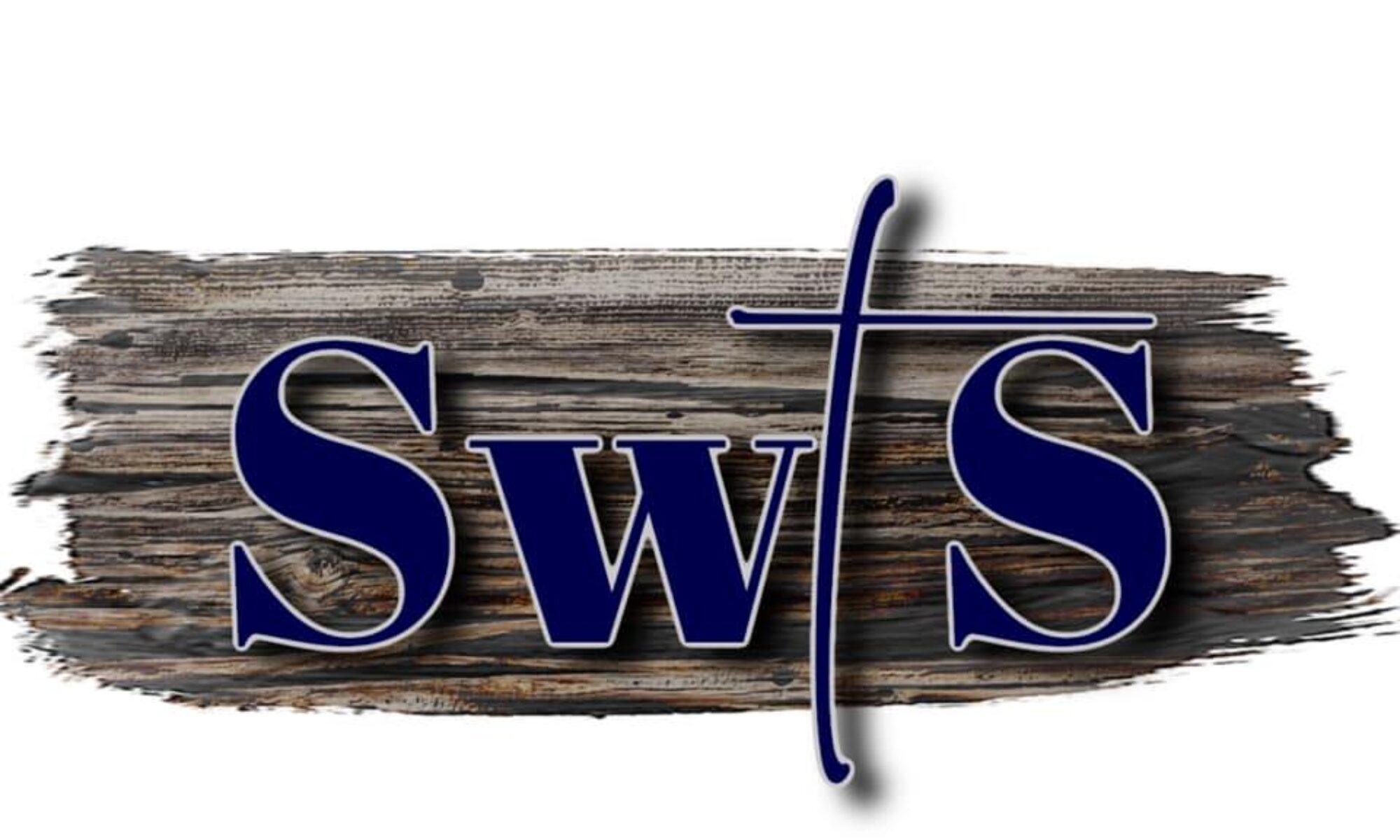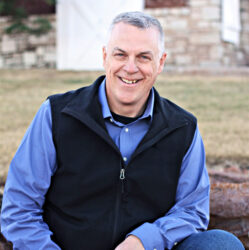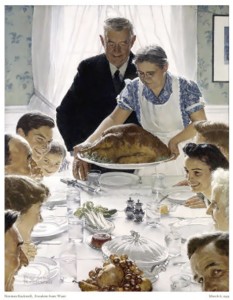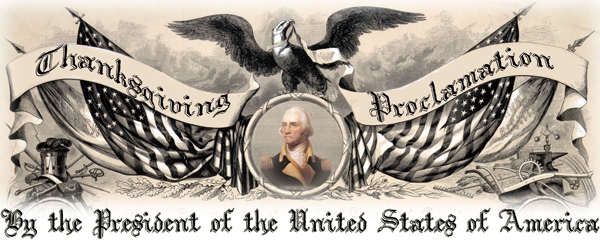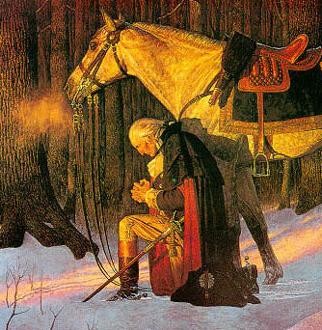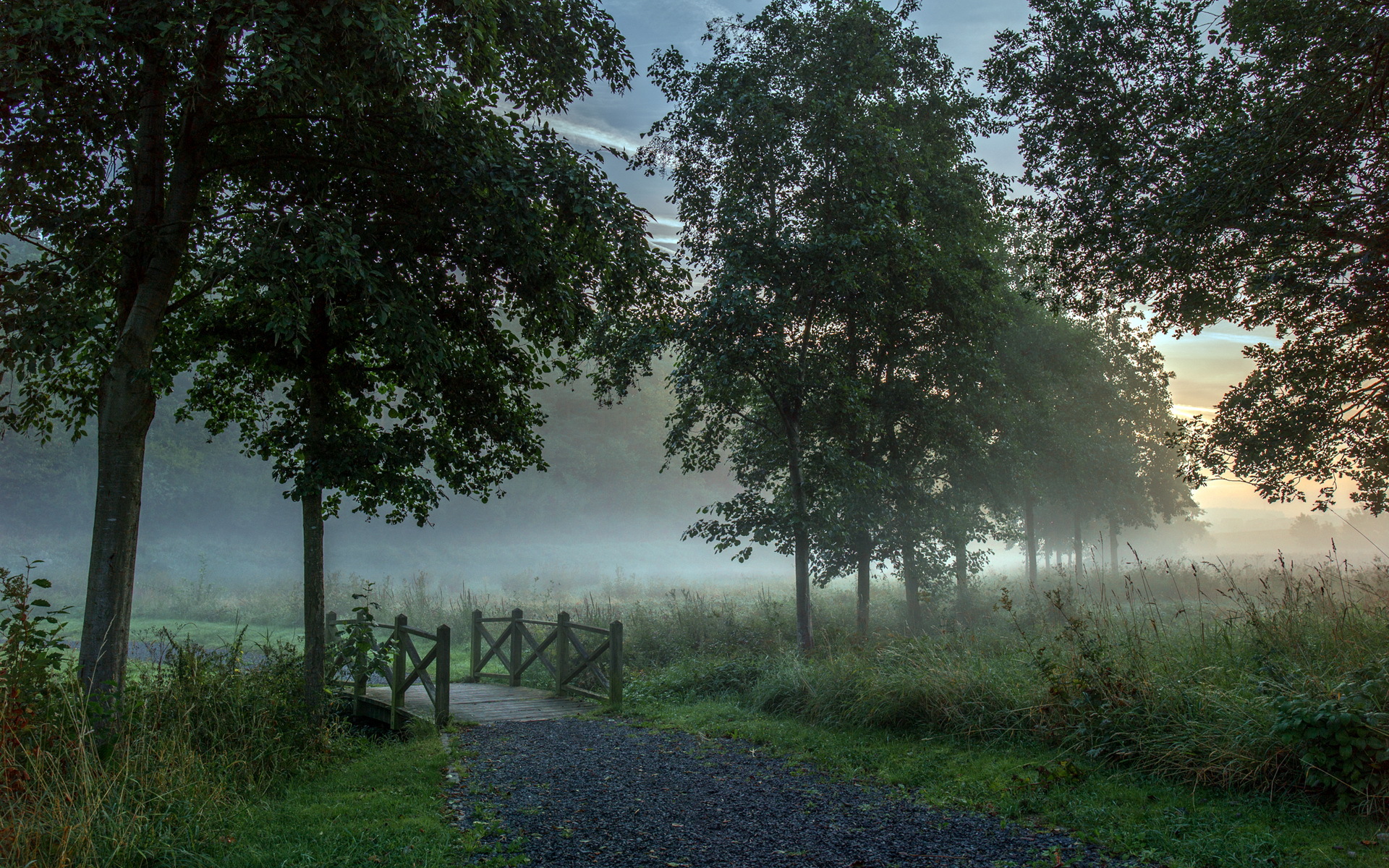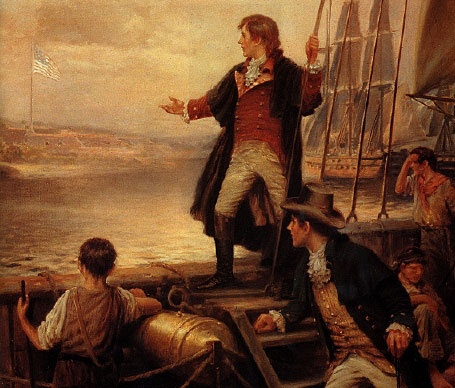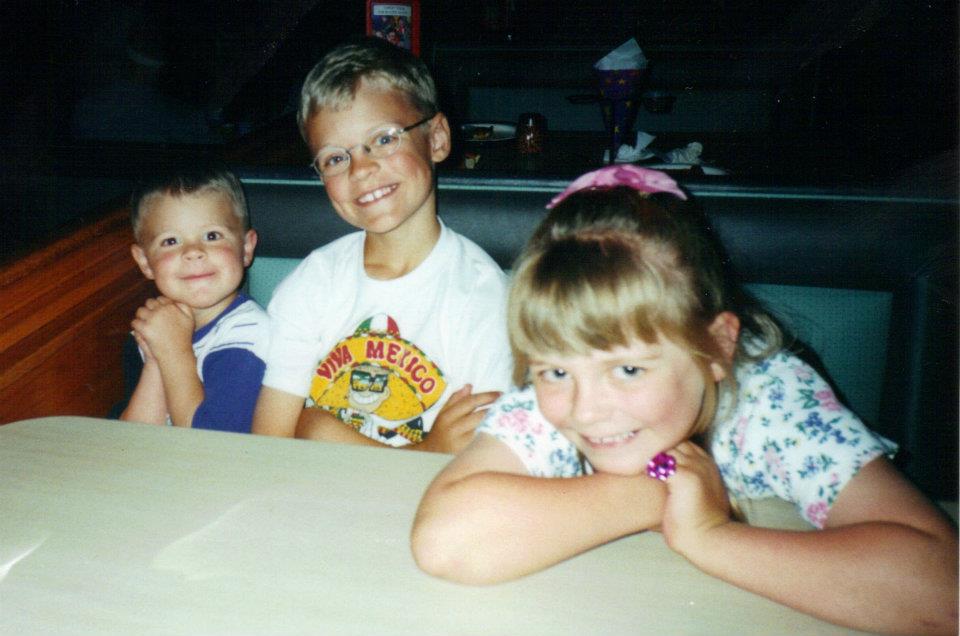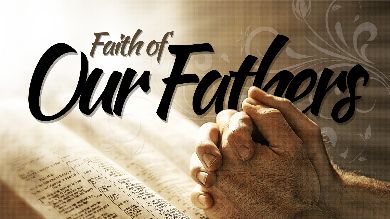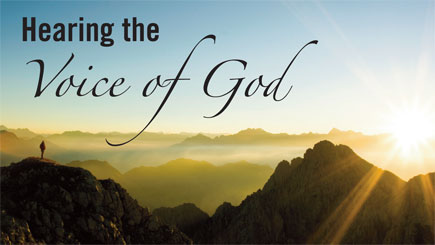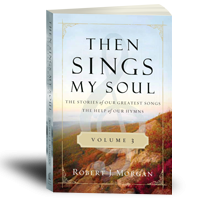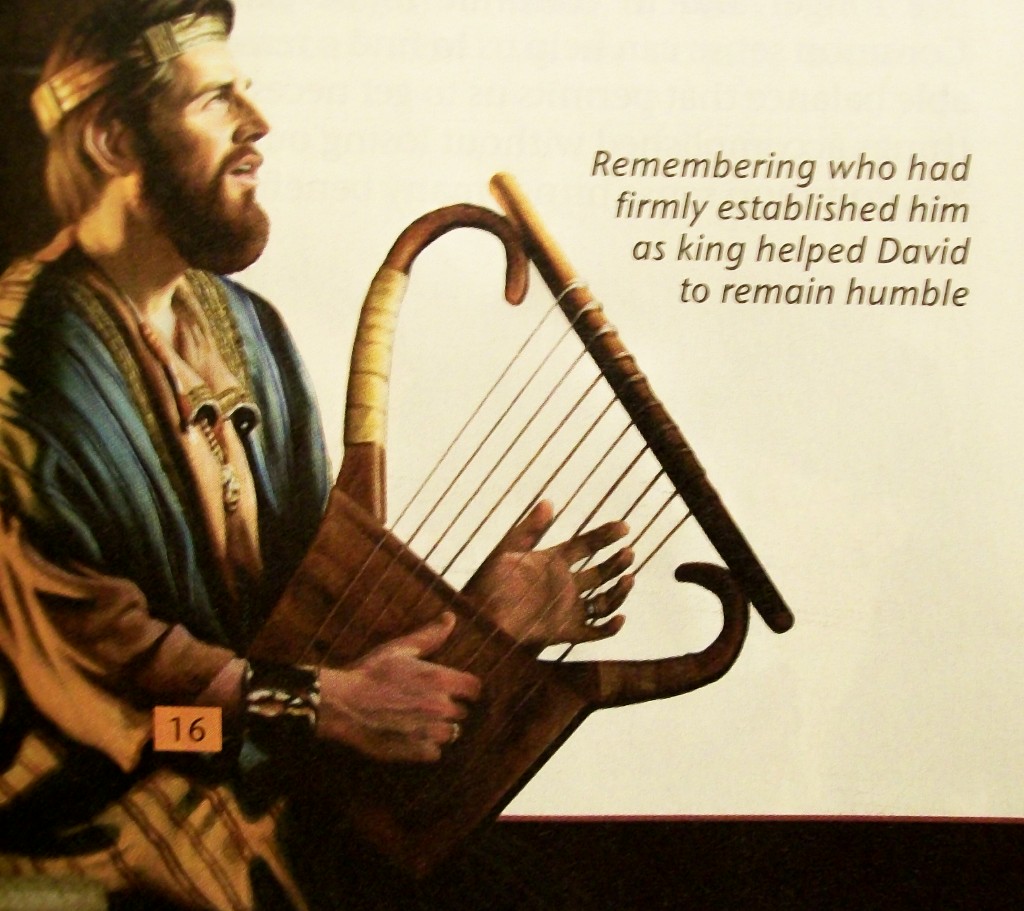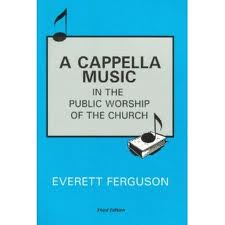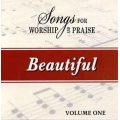Driving down the street with your mind on that meeting; your spouse’s doctor appointment and the ‘conversation’ you had with the kids earlier, did you notice the stop 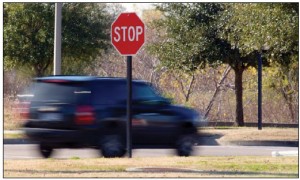 sign? Of course I did, I stopped didn’t I…didn’t I? After leaving the house you drove those familiar streets to your next stop, but have you ever ask yourself, “What did I pass, how did I get here?”
sign? Of course I did, I stopped didn’t I…didn’t I? After leaving the house you drove those familiar streets to your next stop, but have you ever ask yourself, “What did I pass, how did I get here?”
This Sunday morning we’re not talking about driving, but we are going to look at what we have done (what happened while I was raising my family) to get where we are today. And since its Father’s Day, we’ll look at a father whose son challenged him at every corner. With or without challenges, you have grown up in a family that brought you to this day, so maybe we should ask the question…“How Did We Get Here?”
“…I will sing with the spirit and I will sing with the mind also.” I Corinthians 14:15
Sunday morning, June 18, 2017
The following songs are found in the hymnal, Songs of Faith & Praise.
“Let Every Heart Rejoice and Sing” – 8
We’ll open our worship with a song encouraging ALL to rejoice and sing. “…Ye aged men and children bring to God your sacrifice…” Together we will lift up our hearts as a sacrifice of praise!
“Wonderful Words of Life” – 543
Dads (Grandads), as you raise your family insure that you are singing to your children about a God who created them and loves them? Sing so that your children would say, “Sing them over again to me, wonderful words of life…” If you want your family to head toward heaven, point them toward God. You can do that by singing to them about the wonderful words of life.
“There is a Redeemer” – 287
The next two songs will usher us toward the Lord’s Supper. The prayer we’ll sing is simple, “Thank you, O my Father for giving us Your son.” Tell your children and your grandchildren about the gift God has given us through His Son! Without it, our families will be in distress wondering ‘how did we get here?’
“It Is Well with My Soul” – 490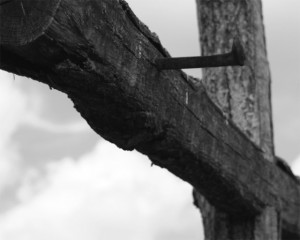
The second verse of this song before the Lord’s supper we’ll focus on a call to remember Christ sacrifice, “My sin! O the bless of this glorious thought, my sin, not in part, but the whole is nailed to HIS cross and I bear it no more…Praise the Lord!” Maybe this could be a song before the Lord’s Supper.
“Remind Me Dear Lord” – 606
“Nothing good have I done to deserve God’s own Son, I’m not worthy of the scars in His hands. Yet He chose the road to Calvary to die in my stead, why He loved me, I can’t understand.” Sometime we need the curtain of our memory rolled back so we can remember where we came from…we need that if we are ever going to know how we got where we are!
“Faith of Our Fathers” – 754
Before our lesson we’ll sing about the faith of our forefathers. We stand on the shoulders of those who have gone before us. If we fail to see what our fathers have done to bring us this far we miss the value of our legacy. Not to mention we’ll never know…you got it…how we got here!
“How Deep the Father’s Love” – no book
An invitation song that might not be ‘typical,’ but one that clearly reminds us (if we’re thinking about the words) that we were once a wretch, but now we are His treasure. That it was my voice that was heard among the scoffers and my sin that held Him to the cross. And perhaps most importantly, I have NO answer as to why I should gain from the reward of His death and resurrection. If we fail to examine this, our destination might not be the end result we all are hoping for. We might wonder not how did I get here…but why did I do that?
“Oh, To Be Like Thee” – 429
You want to have certainty of where you’re going? What to have confidence in knowing you’re directing your family toward heaven? Then consider this song, “Oh to be like Thee, blessed Redeemer! This is my constant LONGING AND PRAYER…” If our constant longing is to be with our God, and if we are leading our families in that direction, and if we obey God’s instructions to join Him in heaven…we’ll know how we got there!
